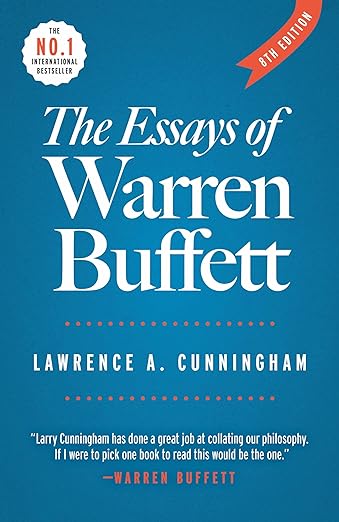What has Matthew 6:21 to do with director independence?
In his annual letter dated February 28, 2004, to Berkshire Hathaway shareholders, chairman Warren Buffett shared how several institutional shareholders and their advisors decided that he lacked “independence” in his role as a director of Coca-Cola.
“…independence is defined in Webster’s as ‘not subject to control by others’,” Mr Buffett said, adding: “I’m puzzled how anyone could conclude that our Coke purchases would “control” my decision-making when the counterweight is the wellbeing of $8 billion of Coke stock held by Berkshire. Assuming I’m even marginally rational, elementary arithmetic should make it clear that my heart and mind belong to the owners of Coke, not to its management.”
The legendary investor then went on to cite Matthew 6:21, saying: “I can’t resist mentioning that Jesus understood the calibration of independence far more clearly than do the protesting institutions. In Matthew 6:21 He observed: “For where your treasure is, there will your heart be also.” Even to an institutional investor, $8 billion should qualify as “treasure” that dwarfs any profits Berkshire might earn on its routine transactions with Coke.
“Measured by the biblical standard, the Berkshire board is a model: (a) every director is a member of a family owning at least $4 million of stock; (b) none of these shares were acquired from Berkshire via options or grants; (c) no directors receive committee, consulting or board fees from the company that are more than a tiny portion of their annual income; and (d) although we have a standard corporate indemnity arrangement, we carry no liability insurance for directors.”
Mr Warren Buffett then underscored his point with this statement: “At Berkshire, board members travel the same road as shareholders.”
